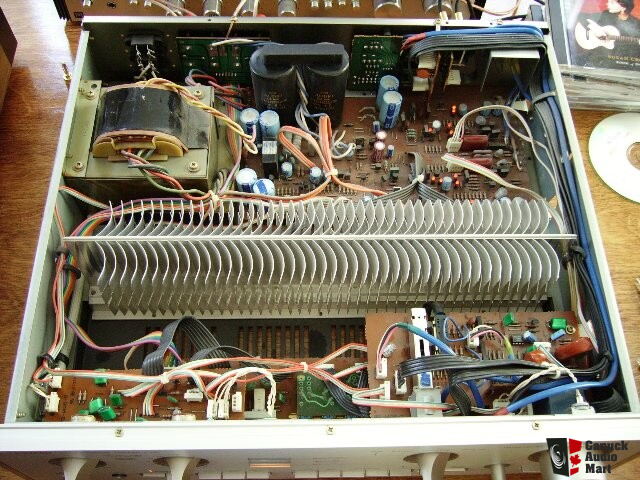Yes, do away with connectors ! I just chickened out on hard-wiring solid silver phono IC directly to my RIAA stage board because the underside of the PCB would have been difficult to access, and knowing the constructor carefully voiced the unit, I stopped, for the moment, after seeing he used gold plated RCA sockets stamped “USA” ! Voice of America —born in the USA?— won the day. My last preamp was point to point construction which readily allowed direct soldering of tonearm IC to phono stage. That gave more music, and saved funds on solid Silver RCA sockets and plugs in favour of records. A TVC is, of course, without valves, resistors and capacitors, nearly “no-noise” to invoke a contributor, and this now wins the day for my set-up.
A question of metal type; the value of matching RCA phono plugs to sockets ?
A question of metal type; the value of matching RCA phono plugs to sockets ? If voided warranty, accessibility, time and cost poses little or no issue, does anyone on the forum find musical value in replacing some or all of the gold plated RCA sockets usually supplied with equipment for alternatives? With use of silver IC’s and, for example, either ETI Kryo or KLEI Absolute Harmony silver (plated) RCA plug terminations, it seems obvious to consider whether replacing standard gold sockets for these manufacturer's silver makes a difference worth the effort for a quiet high resolving system (vinyl records, TVC, SET & horns) ? Before I set out testing, I'd be grateful to read observations from golden (or silver) eared metallurgists or others on the forum with time to entertain what is at issue. All good wishes for the season.



